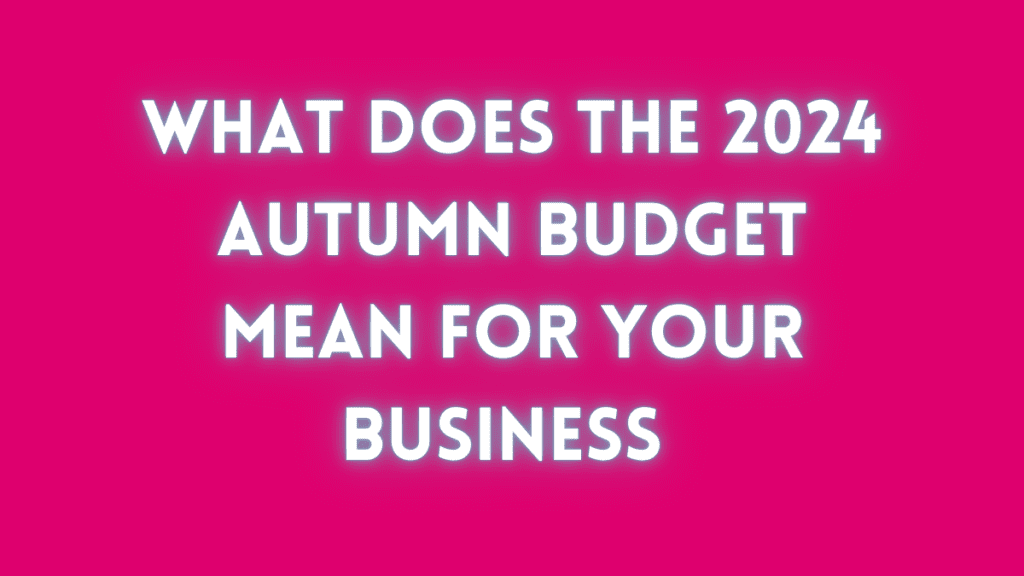
After months of speculation, we finally have the details of the first budget from the new labour government. It appears…

After months of speculation, we finally have the details of the first budget from the new labour government. It appears…
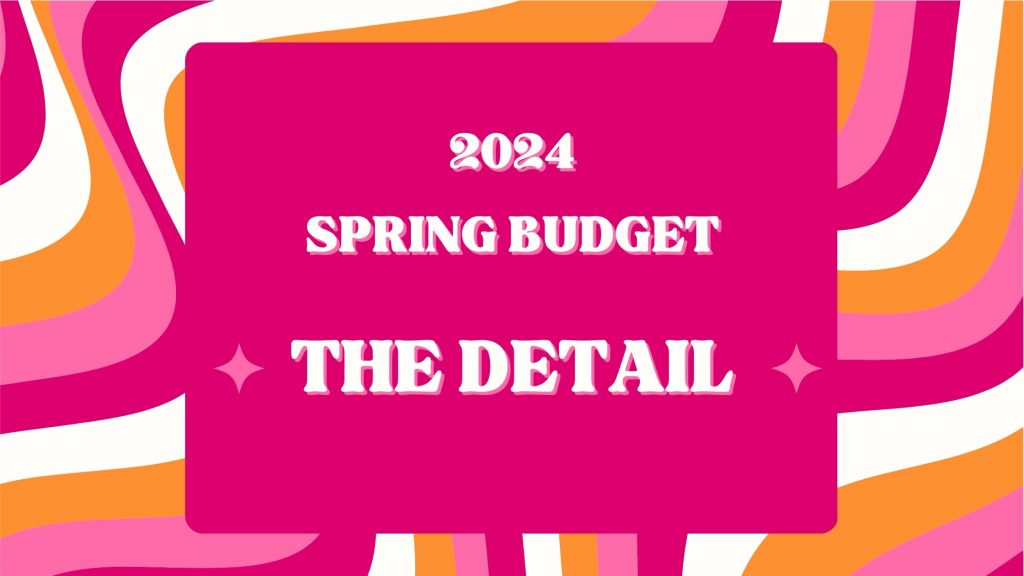
On March 6, 2024, Chancellor Jeremy Hunt delivered a spring budget aimed at boosting public morale and securing voter support,…

Attention Business Owners, We’ve got the latest scoop on the recent Spring Budget announcement by the chancellor. Buckle up because…

Simplified Guide for Business Owners: Understanding the Spring Budget Predictions Attention all business owners! The Spring Budget is set to…

Hello, business owners! Let’s talk about what the UK Autumn Statement means for you in plain English, with all the…
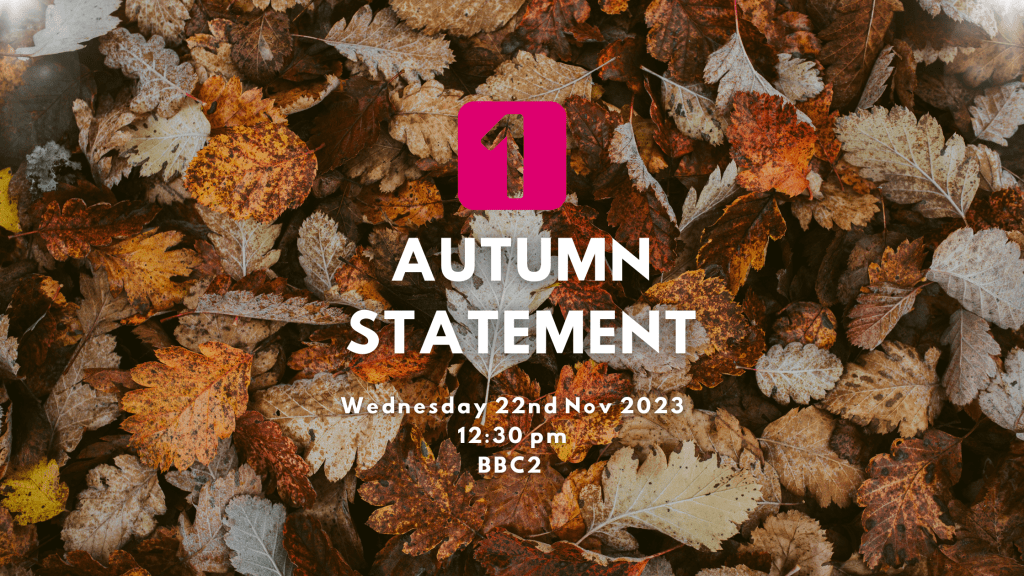
The Autumn Statement is more than just a financial forecast; it’s a roadmap that can influence your business decisions for…
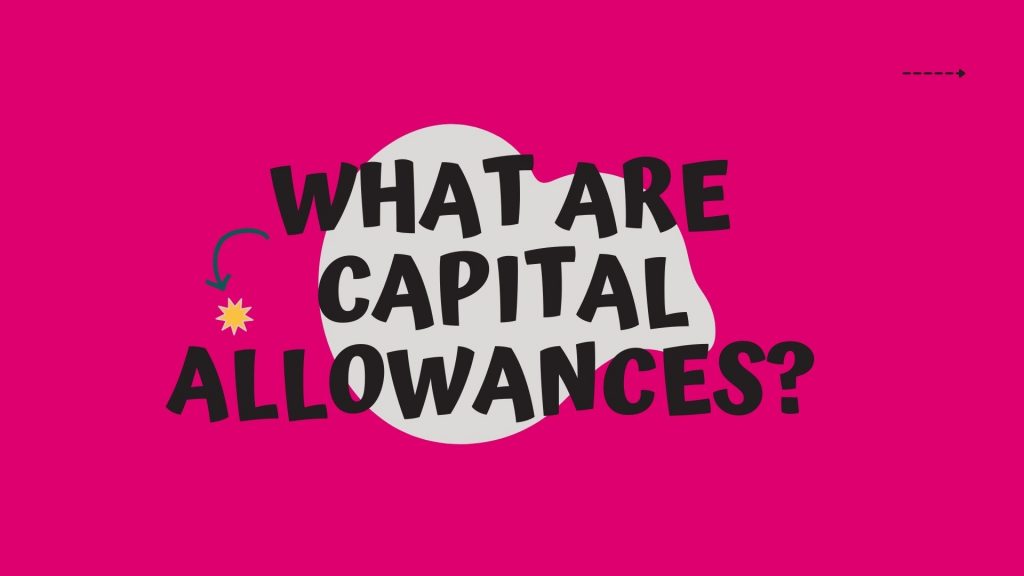
Are you ready for some capital allowances fun? 🙌 🥳 Yeah, we know it’s not the most exciting topic, but…

The Chancellor announced his March budget today. Similar to the budgets, autumn statements and ‘non-budget’ statements of the last…

Last week, as part of the mini-budget, the government began announcing help for small businesses. This blog gives you the…
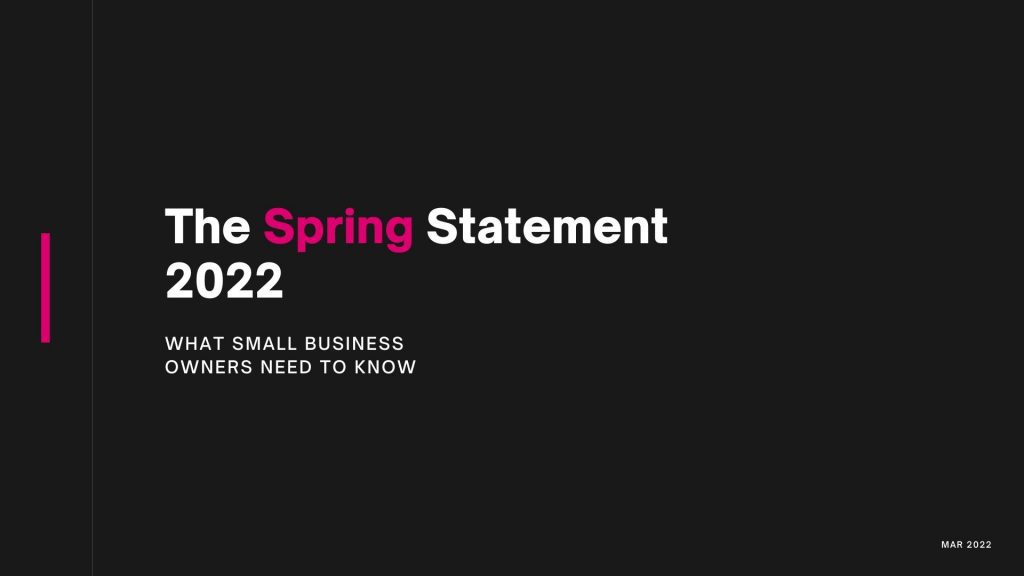
The Chancellor recently unveiled his Spring Statement. With a background of increasing wage, fuel and raw material costs and rising…